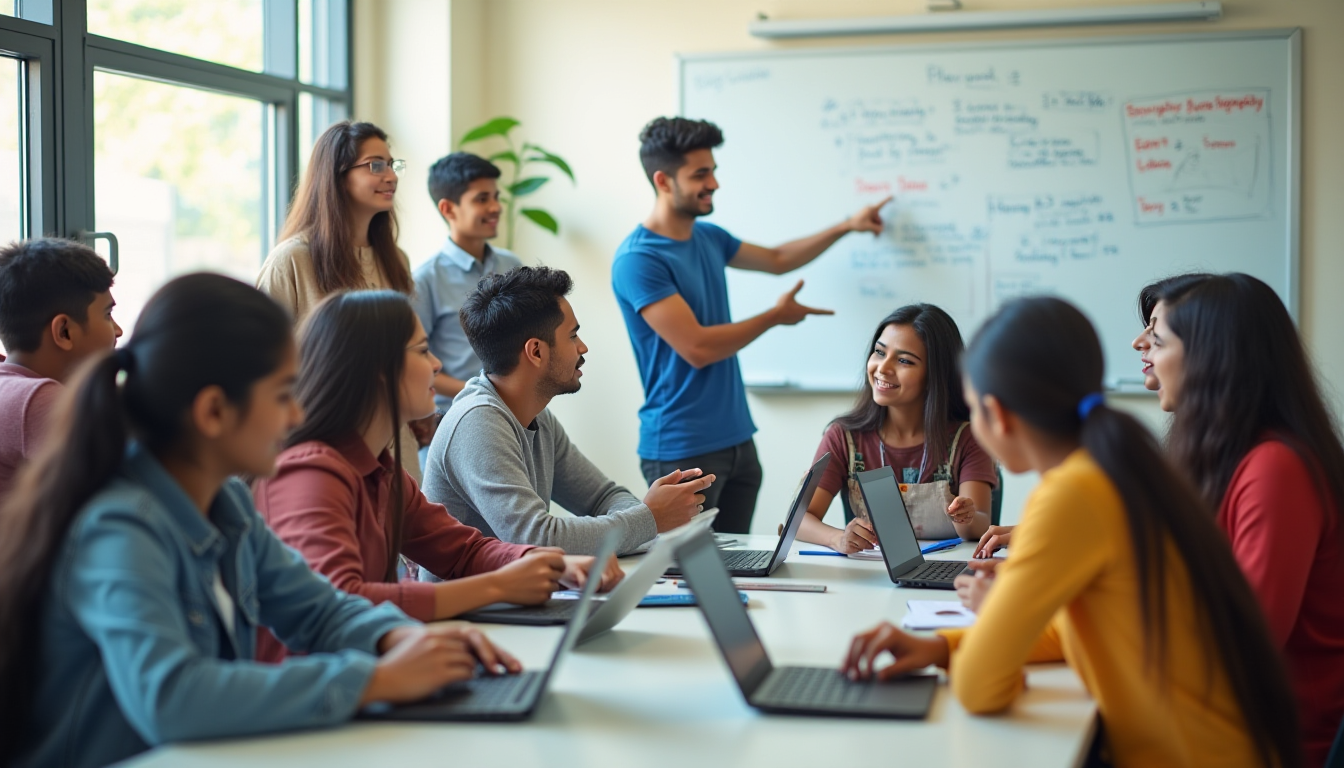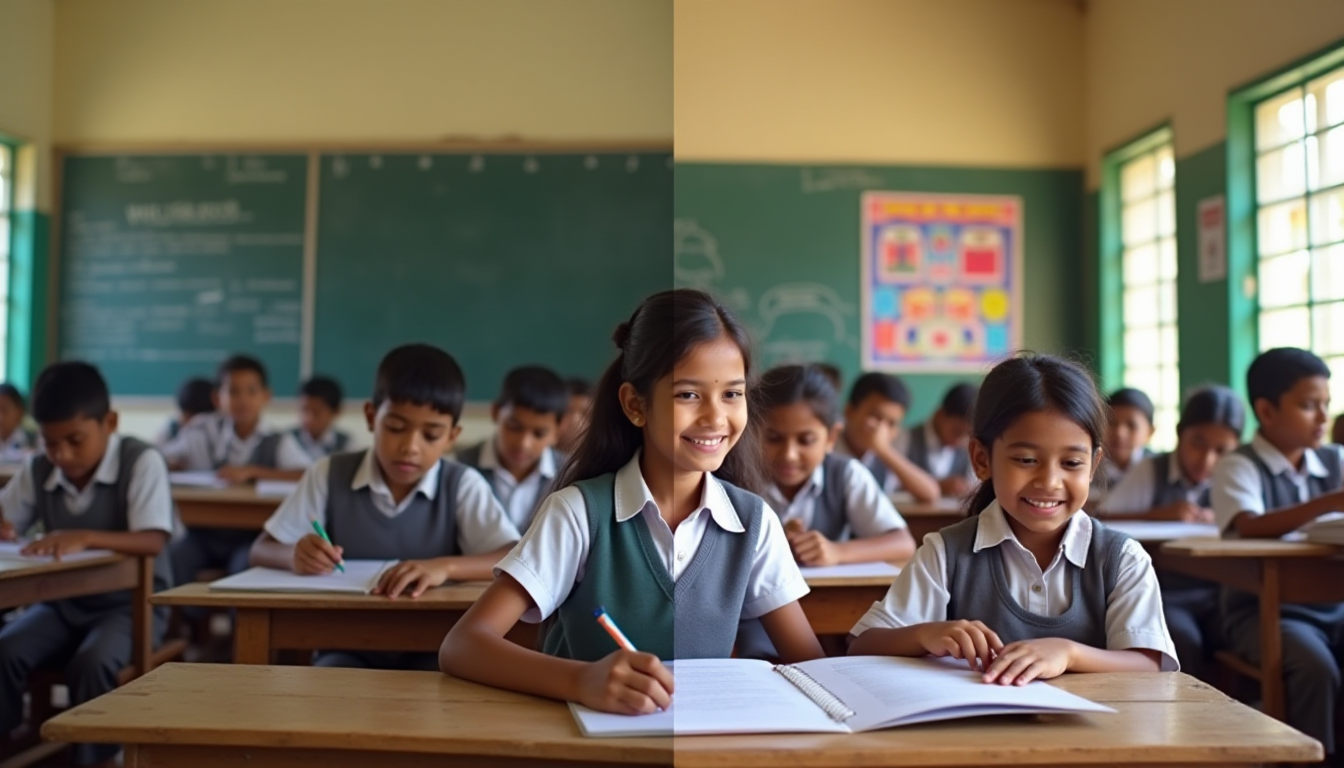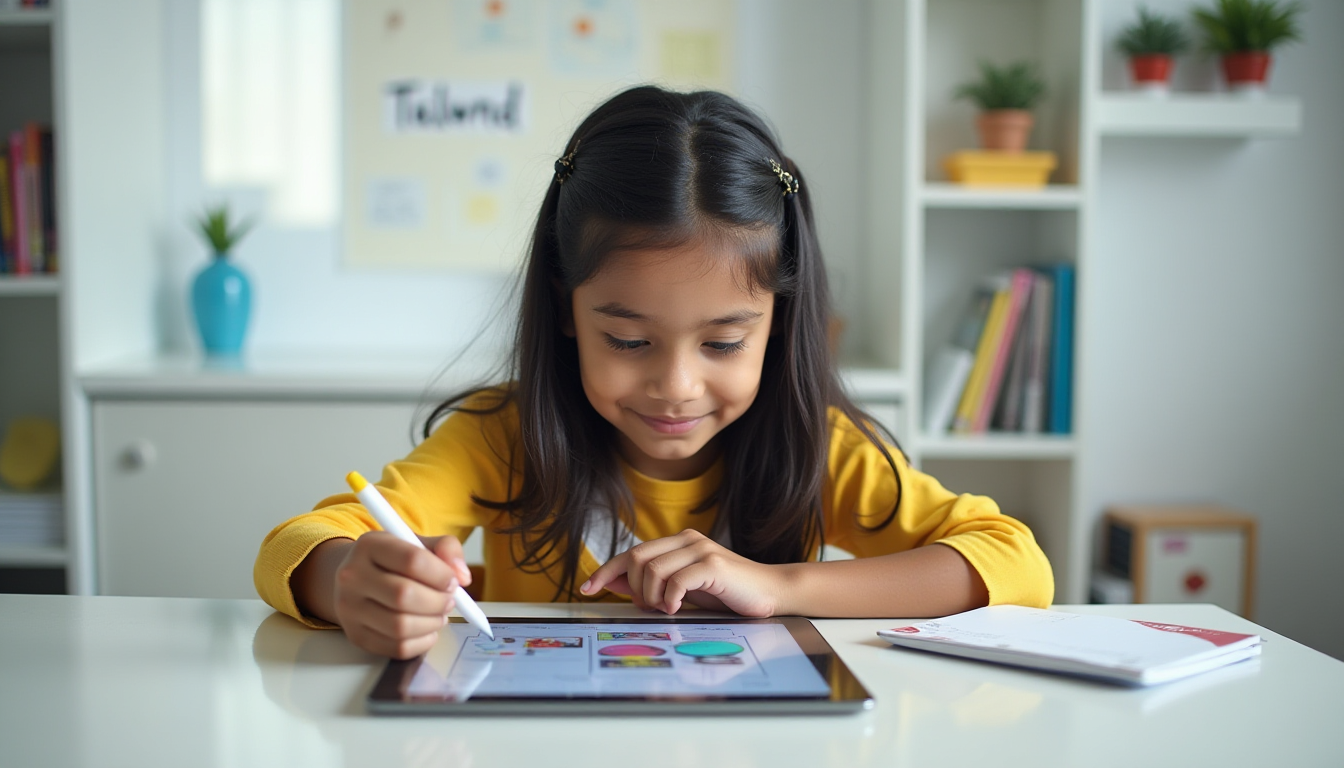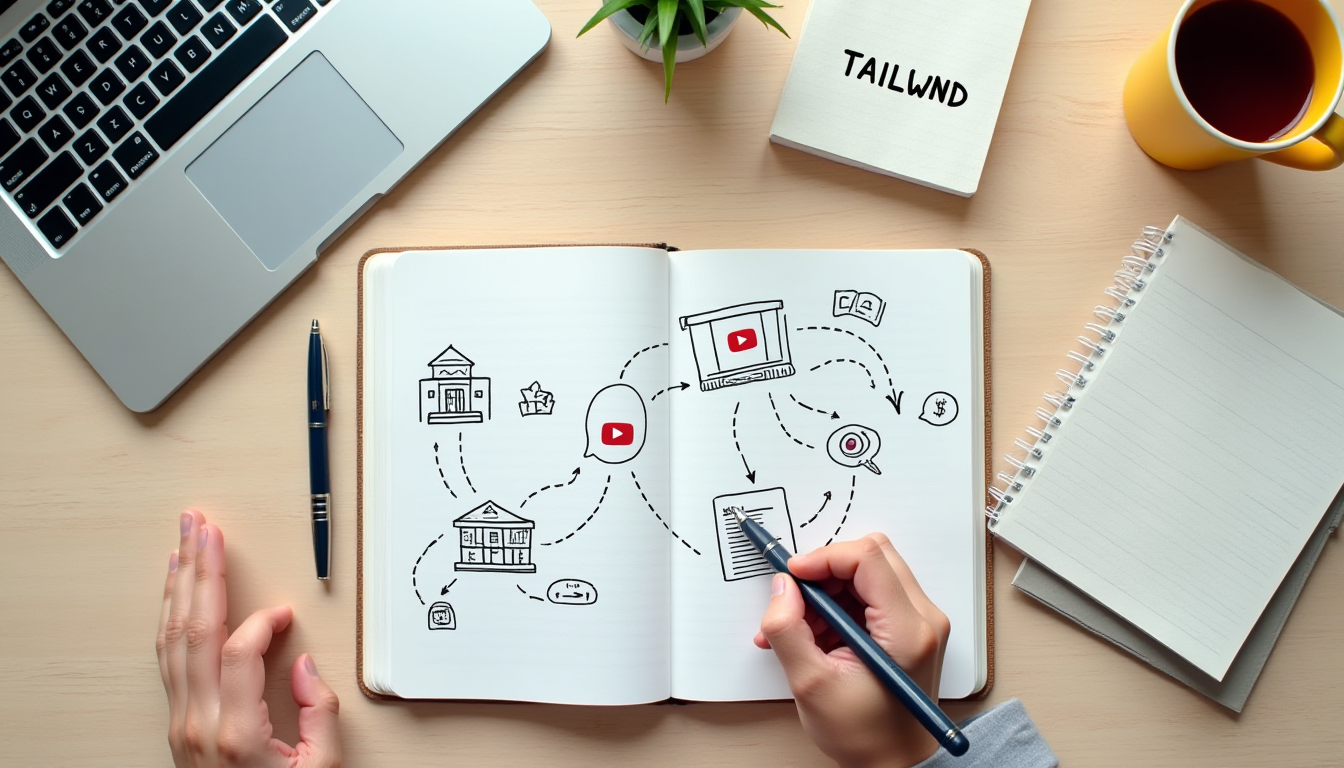Why It's Time to Rethink What We Teach Our Children
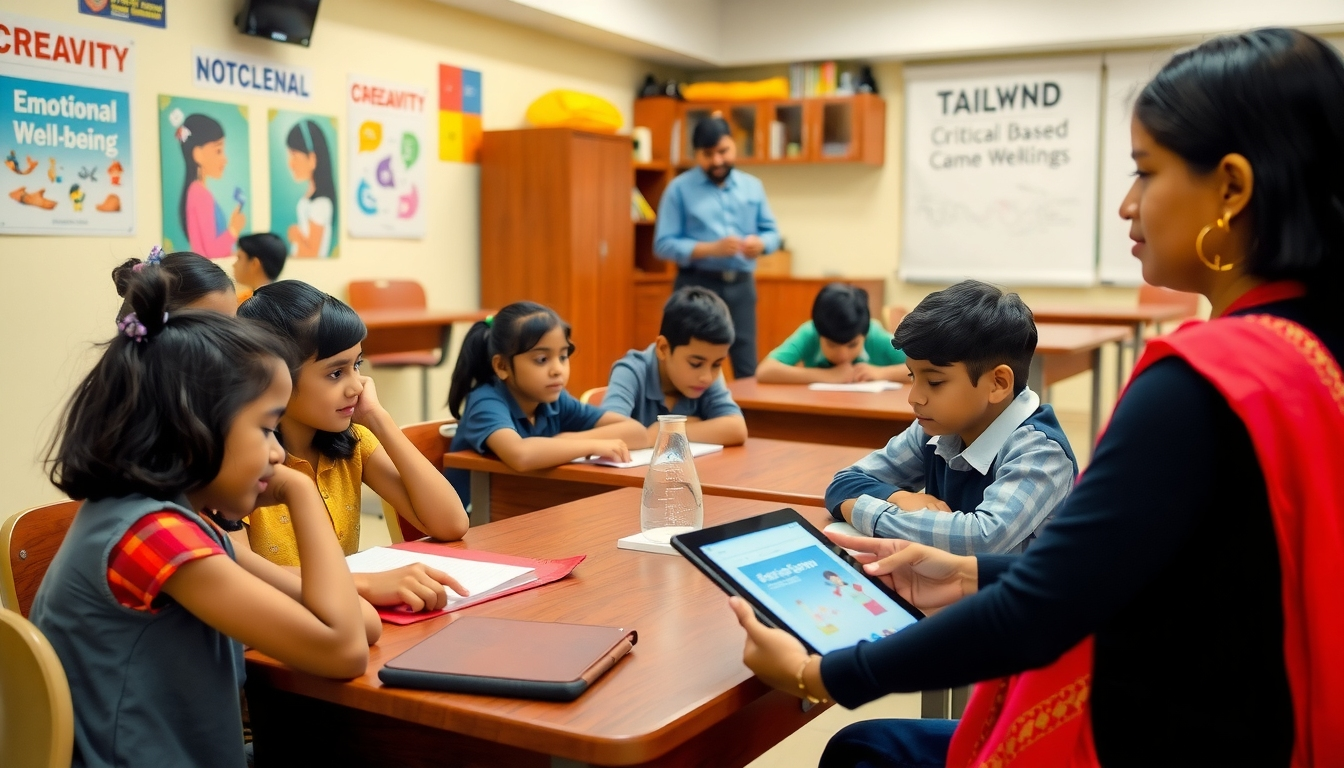
Walk into any school across Bharat, and you’ll hear the same concern—"Will this help my child score well in the exams?" It’s understandable. For decades, our education system has revolved around one goal: good marks. But in a rapidly changing world, is that really enough?
It’s time we pause and ask: What is the true purpose of education?
Beyond the Exam Hall
The truth is, we’ve reduced learning to a race—one that rewards memorisation more than understanding, speed more than depth. The obsession with a “knowledge-rich curriculum” may help fill answer sheets, but it rarely prepares our children for real life.
In today's world, where technology, adaptability, and human connection matter more than ever, we’re still preparing kids for a system designed a hundred years ago. That’s like training someone to fix a typewriter in the age of artificial intelligence.
Knowledge and Skills – Not One or the Other
Let’s be clear: knowledge is important. Children need a strong base in subjects like language, math, science, and history. But skills—such as problem-solving, creativity, collaboration, and emotional intelligence—are equally critical.
Imagine a child who knows the dates of every Mughal emperor but struggles to work in a team, express themselves clearly, or adapt to a new tool. That’s not a recipe for success in the 21st century.
Personalisation, Not Standardisation
Our children are not machines on an assembly line. Yet, our education system often treats them that way—same textbooks, same teaching methods, same assessments. But every child learns differently.
Some thrive through stories, others through hands-on activities. Some love to explore, some need a little more support. Shouldn’t education match how children actually learn?
Tech Is Not the Enemy
In Bharat, access to digital tools is improving fast. With AI tutors, adaptive learning apps, and smart assessments, technology can be a powerful ally—not a replacement for teachers, but a tool to free them from repetitive tasks and help them focus on what matters: mentoring, inspiring, and connecting with students.
Imagine a classroom where a child struggling with multiplication gets personalised practice while the teacher supports another student through a tough science concept. This isn’t science fiction—it’s already happening in many forward-thinking Indian schools.
Let's Redefine the Role of Teachers
Gone are the days when a teacher’s job was to deliver information. Today, teachers are designers of learning experiences. Their role is to guide, provoke curiosity, challenge thinking, and encourage independent exploration. It's less about giving answers and more about helping students ask better questions.
What Needs to Change?
If we want to build a system that truly prepares students for life—not just exams—here are five shifts we need to make:
- Balance Knowledge and Skills
Facts are important, but they must be connected to thinking, doing, and applying. - Make Learning Relevant
Show students why something matters. Link lessons to real-world problems and local contexts. - Leverage Technology Thoughtfully
Use tech to support deeper learning, not just digital worksheets. Digital literacy is as important as textbook literacy. - Rethink Assessments
Exams are only one way to measure learning. Let’s also value portfolios, projects, peer reviews, and performance tasks. - Focus on the Whole Child
Academics matter, but so do mental health, social skills, creativity, and character. Support systems should reflect that.
What Does This Look Like in Practice?
- A government school in Bihar uses podcasts and roleplay to help students master history.
- An affordable private school in Gujarat runs weekly "invention hours" where kids build small projects using household waste.
- A municipal school in Mumbai uses AI-powered feedback tools to help students improve writing in multiple languages.
These are small examples, but they show what’s possible when we stop copying outdated models and start building our own—grounded in Bharat's needs, resources, and strengths.
In Conclusion: The Change Begins Now
We owe it to our children to move past rote learning and embrace a more balanced, relevant, and human approach to education. An approach that prepares them not just to clear exams, but to live full, meaningful, and capable lives.
Let’s move from information delivery to transformation. Let’s stop asking, “How many marks?” and start asking, “What did you learn? What can you do with it?”
The future is not waiting. Let’s start building it—together.


